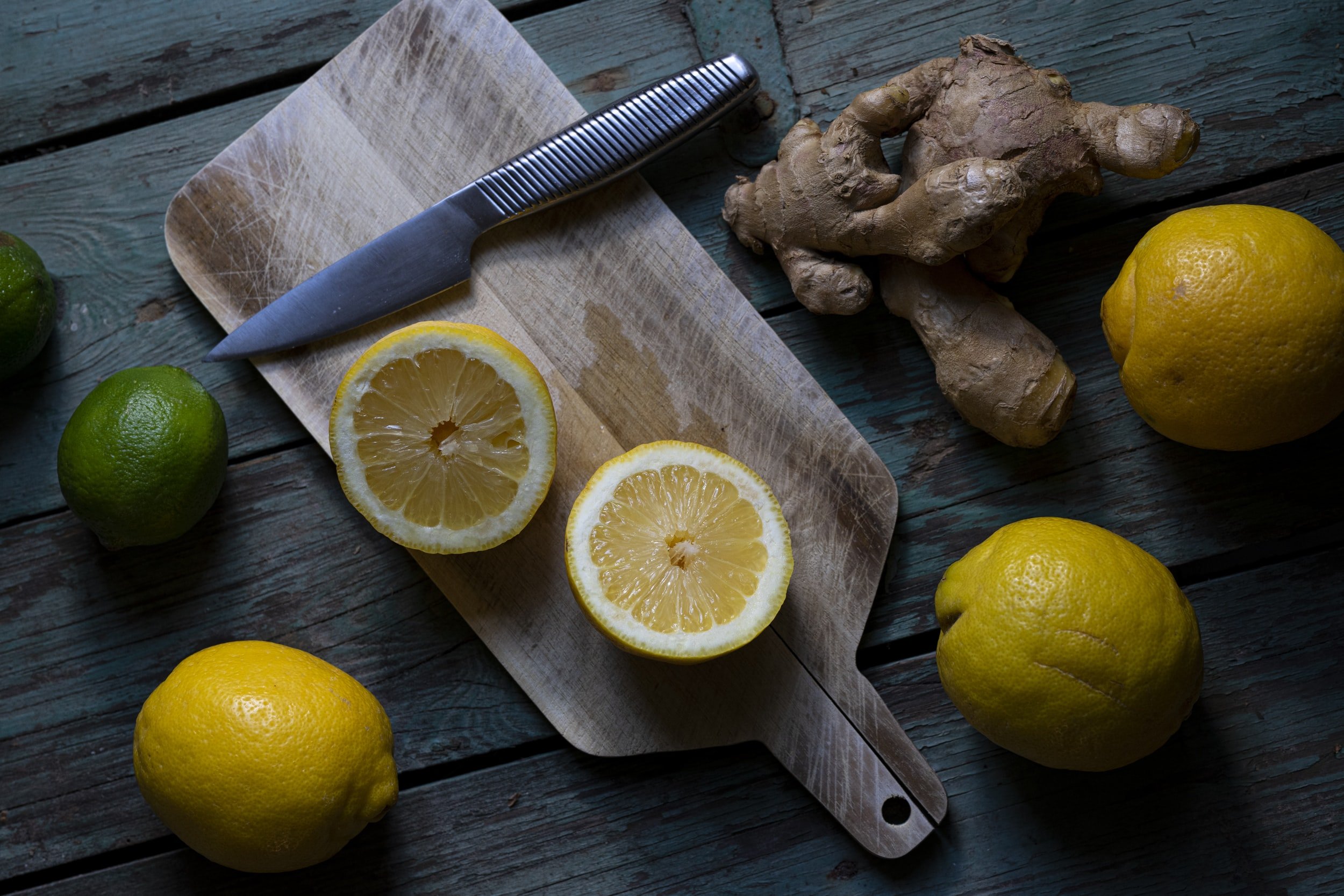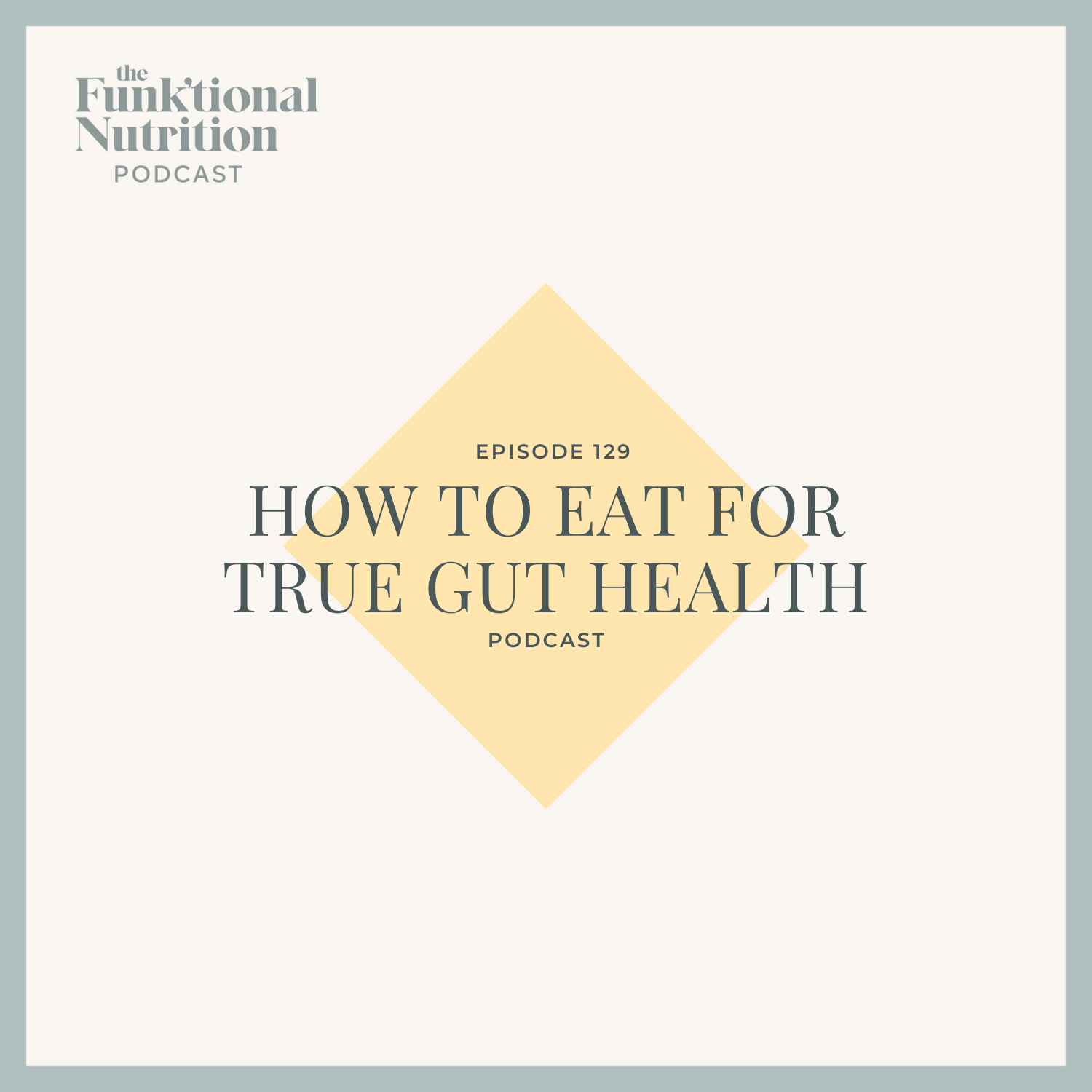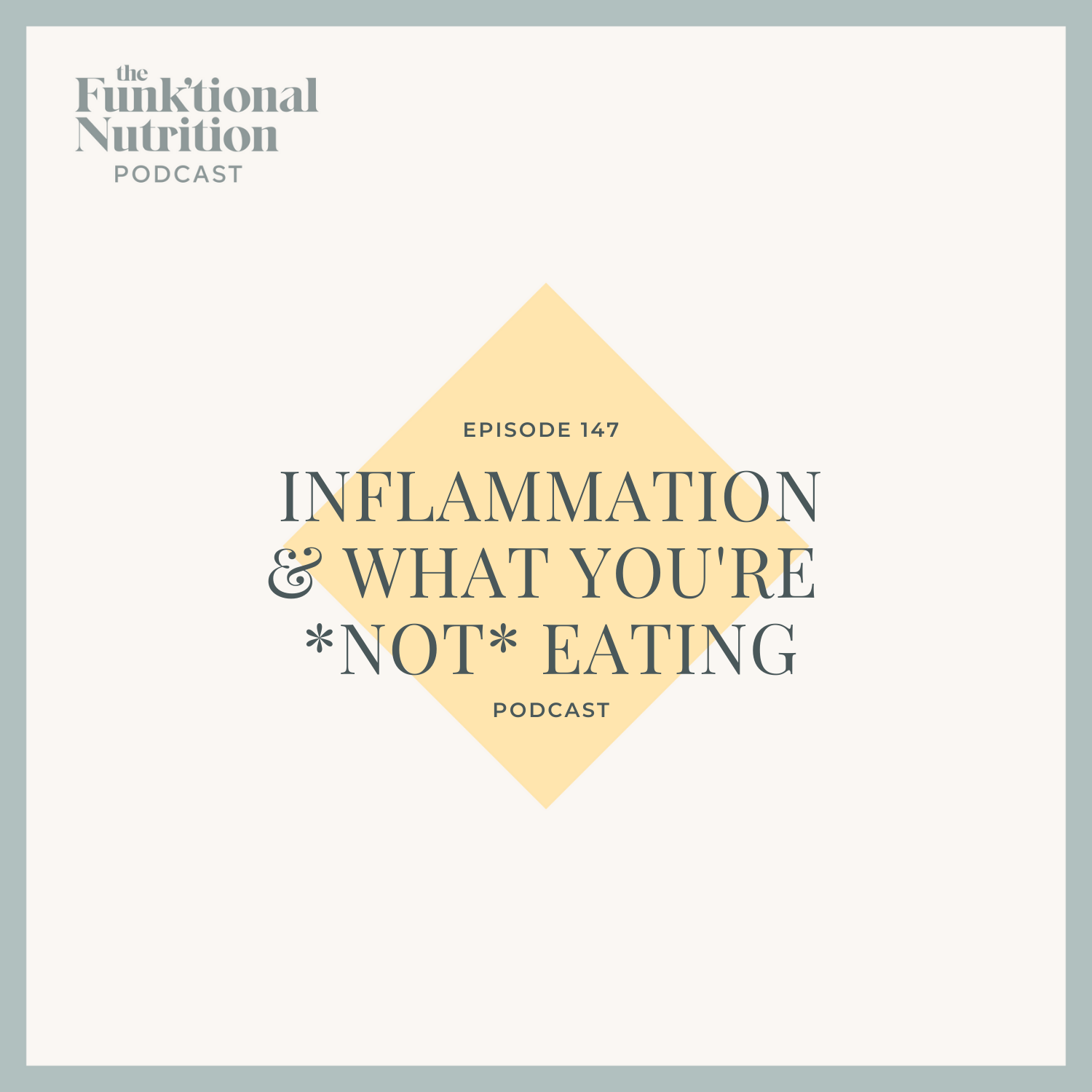Functional Medicine

Gut Health
Poor gut health is endemic.
70% of Americans have some kind of GI symptom or disease: Acid reflux, indigestion, bloating, gas, diarrhea, constipation, floating poop, greasy poop, mucus in stool, IBS, SIBO, IBD.
If you present with any of these symptoms, you’ve probably been dismissed or unheard by your GP or specialists. You might feel like you have very little answers or solutions. It can be a very emotionally challenging experience to navigate ongoing digestive problems. You might feel like no one believes you, no one understands, or like you have to just live with it.
While this is common, it shouldn’t be considered normal. The health of our gut influences our overall health. So if we have problems here, we should get to the bottom of WHY.
The gut microbiome refers to the collection of bacteria, fungi & viruses that live inside our gut.
Ways that the microbiome helps us:
Supports mood
Regulates inflammation
Manages weight
Blood sugar & insulin control
Reduces allergies & food reactions
Protects against pathogens
Clears chemicals out of the body
Harmonizes the immune system
Do you have issues with any of these things? Then you definitely want to support your guts!
Even though the microbiome is super important (and quite popular right now), it is actually NOT the place to start when we’re looking to support digestive problems.

Digestion is a north to south process, and we have to start at the top if we want to make improvements throughout.
In order to have a healthy microbiome, you need proper north to south digestion leading up to the large intestine! There are certain physiological steps that HAVE to take place for the GI system to work properly. Let’s talk about some common digestive issues—and what you can do about them!
Low stomach acid is a major health problem.
Signs of low stomach acid
Bloating or distention after eating
Diarrhea or constipation
Gas after eating
Prolonged sense of fullness after eating
Heartburn
Indigestion
Nausea
Multiple food allergies
Itchy anus
Adult acne
Hair loss in women
Weak, peeling & cracked fingernails
Dilated capillaries in cheeks and nose
Intestinal parasites
Chronic candida
SIBO
Soreness, burning & dryness of mouth
Tongue inflammation
But I thought too much acid was a BAD thing…?
Acid can get a bad rap in the alternative health space.
But all the alkaline this and alkaline that fails to take into account that our body NEEDS acid. In fact, much of our GI tract is acidic (NOT alkaline).
We need the acid to prevent pathogens, to break down our food, and to make sure things move through the digestive tract at an appropriate pace (I'm looking at YOU, Constipated Colleen). If we had "alkaline" guts, it would actually create a lot of problems.
Guts that aren't properly acidified are far more hospitable to pathogens and dysbiosis. And our own healthy bacteria even produce their own acid in the form of short chain fatty acids like butyrate!
Short chain fatty ACIDS help to:
Strengthen the intestinal barrier and prevent/heal leaky gut
Lower inflammation
Support metabolism
Prevent food sensitivities
Relieve symptoms of IBD

What to do if you’re not making enough stomach acid:
Lower Stress
Chronic stress can suppress stomach acid. And dramatically impacts digestion and overall gut health.
Chew Your Food
THIS IS HUGE. Digestion truly begins in the mouth. The act of chewing tells your stomach that food is coming so it starts to grease the wheels by releasing gastric juice and acid. If you eat most of your foods on the go, if you drink your meals (shakes and smoothies), if you eat in a distracted manner...you are missing out on an essential part of digestion! And setting yourself up for lower stomach acid.
Lemon Juice or Apple Cider Vinegar
You can mix 1-2 tablespoons of fresh lemon juice or ACV into a bit of water and drink it down about 15-20 minutes before a meal. This helps to stimulate your body's own production of HCL, or stomach acid. The trick is actually remembering to do this before meals. (For this reason, I find that compliance tends to be low...myself included!) Watch out if you have any active gastritis as the acid can feel too abrasive for you.
Digestive Bitters
These are bitter herbs in tincture form. Mix with a little bit of water and drink them down about 15-20 minutes before a meal to start the production of stomach acid. Consuming bitter herbs and foods also helps with bile, so it's an added bonus for the gut and detoxification.
Bitter foods to work into the mix:
Watercress
Arugula
Endive
Dandelion greens
Radicchio
Turmeric
Coffee
Cacao
Dandelion root tea
Bitter taste gets the digestive juices flowing—like saliva, stomach acid, pepsin, pancreatic digestive enzymes, and bile. According to Anne Louise Gittleman in her book Radical Metabolism, bitters can also increase the tone of your lower esophageal sphincter (LES), which is extremely important in cases of heartburn, reflux and GERD.
So many Americans are put on PPIs and acid-blocking drugs which stop the production of stomach acid...and that’s actually a really bad thing from a digestive and health standpoint. Chronic heartburn is usually more of a musculature issue—that LES is weak, so we want to tone it, and bitters can help with this.
HCL Supplementation
Sometimes we just have to go in hot and heavy with hydrochloric acid supplementation. This is a supplement you take WITH your meals, particularly protein-containing meals, to help break your food down. It's a relatively inexpensive supplement, although some folks do need a very high dose. Use caution with gastritis as it can be contraindicated!
Learn how to supplement with digestive bitters and hydrochloric acid with our free digestive guide.
Red flags that you’re not breaking down your protein:
You feel like you’re not digesting your food well.
Food sits heavy, like a brick in your stomach.
You have an aversion to protein meals.
In order to break down the protein in our food, we need appropriate stomach acidity (HCL) and proteases. If our stomach acid is low, we might crave less protein, therefore eat less protein, and also have poor protein digestion on top of that.
It’s not just about how much protein we’re eating, but our ability to break it down and utilize it. Learn more with our free digestive guide.

Are you constipated?
If you don’t have a check in all the boxes below, you’re constipated!
1-3 painless bowel movements per day
Bowel movements are easy to pass & complete
Appropriate transit time
Looks like a 3-4 on Bristol Stool Chart
Not sure of your transit time? Try this!
Sesame Seed Transit Test
Consume 1-2 Tablespoons of unhulled sesame seeds. You can mix them in a little water to swallow whole, but do not chew!
Note the time you eat them, then note the time you see them on the other end.
Ideal transit time is between 18-48 hours. Longer than 72 hours is constipation!
If you’re constipated, you’re gonna want to figure out WHY—so you can address the root cause
Source: PMID - 26690980
Common causes of constipation:
Dehydration
Chronic stress
Low motility (things aren’t moving as quickly through your digestive tube as they should!)
Hypothyroidism
SIBO (Small Intestinal Bacterial Overgrowth)
IMO & other Dysbiosis
Low carb diets
Not quite sure how to eat for gut health?
Tune in to fan favorite episode to get some help! Listen for ideas and solutions to your constipation.
Learn how to eat to keep your gut happy and to nurture this symbiotic relationship.

GO DEEPER
Functional Lab Testing
Stealth infections in the digestive tract can be the hidden drivers of inflammation, chronic and acute digestive symptoms, brain fog, anxiety, hormonal problems, thyroid issues, autoimmunity, and more. Unfortunately, these stealth infections are not often picked up by the colonoscopy, endoscopy, or stool tests performed in your gastroenterologist’s office.
The functional lab tests we offer here at The Funk’tional Nutritionist help us investigate root causes with a deep dive into your gut—the place where all disease originates. These specialized tests provide a comprehensive look at your digestive tract: small intestine AND large intestine. Through specific functional lab tests, we assess for digestive dysfunction, microbiome disturbances or gut dysbiosis, intestinal permeability or leaky gut, and SIBO/small intestinal bacterial overgrowth.
Using data from these labs, we can create a dietary, supplement, and lifestyle protocol to restore your microbiome, heal digestive issues, reduce body-wide inflammation, and get you profound results in your health and wellness.
Need help troubleshooting your digestive woes?
Learn all about low stomach acid and how you can improve yours.
THE FUNK’TIONAL NUTRITION PODCAST















